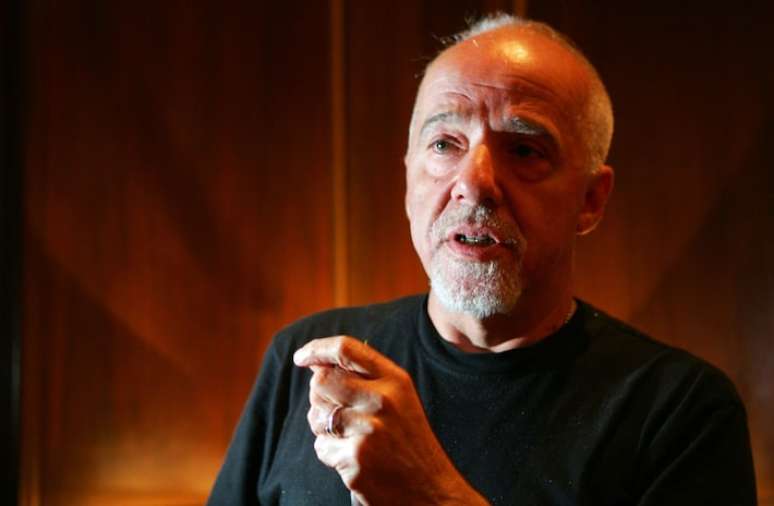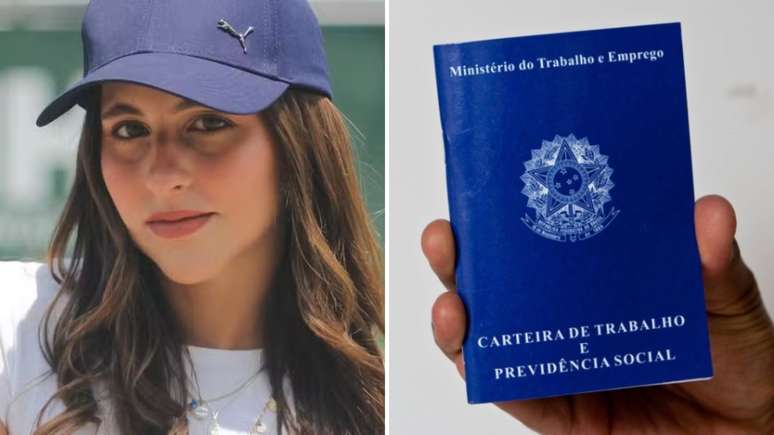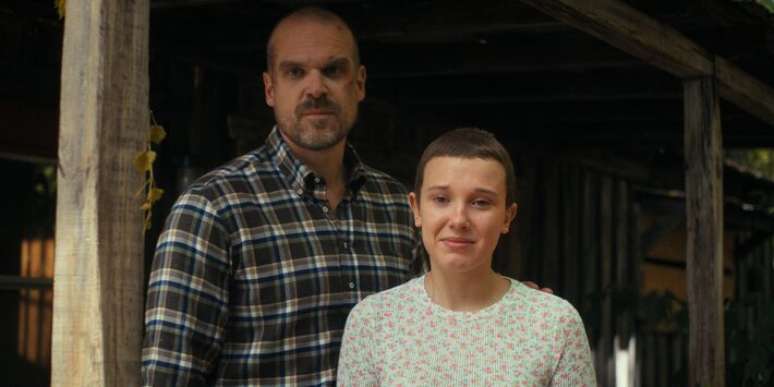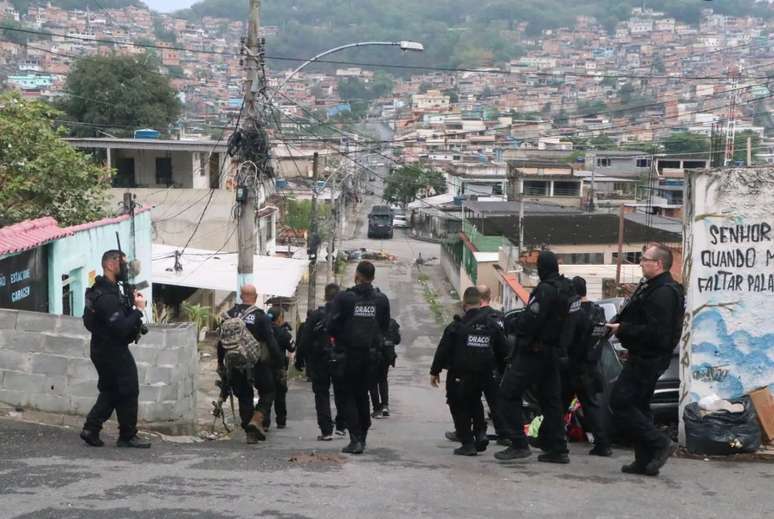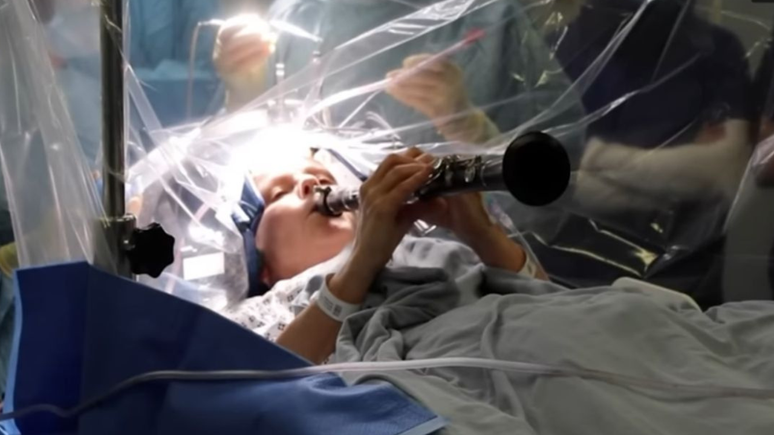The writer recalled moments of despair after being taken to Dops in 1974, with assaults and solitary confinement
Paul Coelho has published a long report on the prison and torture suffered during the military dictatorship (1964-1985) in Brazil. The writer used his profile X (formerly Twitter) to recall the events this Sunday 21. He had already denounced the situation in the same way in an article published on The Washington Post in 2019 (remember here).
The case dates back to 1974, when Institutional Law No. 5 (AI-5) was still in force. A group of armed men reportedly entered his apartment. He stresses that he did not know what was going on, as he was “just a rock composer” at the time.
“One of them, the kindest, asked me to accompany them ‘just to clarify some things’. The neighbor saw everything and informed my family, who immediately panicked. Everyone knew what Brazil was going through at that time, even if they didn’t know. The newspapers talked about it”, Paulo Coelho describes.
He was taken to Dops [Departamento de Ordem Política e Social]where he was registered and photographed. After a few simple questions, he was reportedly released. The same kind gentleman from before offered him a coffee and put him in a taxi, which would take him to his parents’ house.
“During the journey the taxi was blocked by two cars: from one of them a man with a gun in his hand gets out and pulls me out. I fall to the ground and feel the barrel of the gun on the back of my neck. I look at the hotel in front of me and think: ‘I can’t die so soon’, I have fallen into a sort of catatonic state.
Paulo Coelho reports that, at the time, he knew stories of other disappearances. Hooded so as not to see where he was going, he remained in the car for half an hour and came to accept the fate of being executed.
The writer also highlights what they told him: “You are fighting against your country. You will die slowly, but first you will suffer a lot.”
With “survival instincts” slowly building, “I asked them not to push me, but I got punched in the back and fell. They told me to take off my clothes. The interrogation started with questions I didn’t know how to answer.”
“They asked me to betray people I had never heard of. They said that if I didn’t cooperate, they would throw water on the floor. Under the hood I saw that there was a car with electrodes connected to my genitals,” Paulo Coelho described.
Desperate, he appeals to his tormentors, in vain: “I tell them they don’t need to do this. I will confess what they want me to confess, I will sign what they want me to sign. The next day, another torture session, with the same questions.”
“They left me. After I don’t know how long and I don’t know how many sessions (time in hell is not counted in hours), they knocked on the door and ordered me to put my hood back on,” he continued.
Paulo Coelho was then taken to a small room, completely dark, with strong air conditioning and an incessant siren. “I started to go crazy. I had visions of horses.”
“I knocked on the door of the ‘refrigerator’ (that’s what they called the place later), but no one would open it. I fainted. I woke up and fainted, again and again. At one point, I thought: it’s better to be beaten than to stay here,” he says.
“I’m not interrogated anymore. I’m in solitary confinement. One day someone throws my clothes on the floor and tells me to get dressed. I get dressed and put on my hood. I’m taken to a car and thrown in the trunk. They drive for what seems like an eternity and we stop. Am I going to die now?” he continues.
Paulo Coelho then recalls how the moments of terror ended: “They tell me to take off my hood and get out of the car. I’m in a square full of children, somewhere in Rio de Janeiro, but I don’t know.” Where.”
The writer went to his parents’ house, who advised him to avoid leaving the house. He tried to contact friends, but no one helped him, making him feel alone. “If I was arrested, I must have done something, they must be thinking. It’s very risky to be seen with an ex-convict. I may have left prison, but prison is still with me.”
Paulo Coelho also highlighted the help of Roberto Menescal and Hildegard Angel, who offered him a job in difficult times.
Finally, he recalled the moment when several files on the dictatorship were made public. The writer recounts a conversation he had with Fernando Morais, his biographer: “I ask why I was arrested. ‘An informant accused you,’ he says. ‘Do you want to know who did it?’. No. It won’t change the past.”
1974: A group of armed men break into my apartment. They start rummaging through drawers and cabinets, but I don’t know what they’re looking for, I’m just a rock singer-songwriter. One of them, kinder, asks me to accompany them “just to clarify some things”.
The neighbor sees…
— Paulo Coelho (@paulocoelho) July 21, 2024
I am no longer interrogated. Isolation. One day someone throws my clothes on the floor and tells me to get dressed. I get dressed and put on my hood. I am taken to the car and thrown in the trunk. We drive for what seems like an eternity, until they stop: I intend to…
— Paulo Coelho (@paulocoelho) July 21, 2024
— Paulo Coelho (@paulocoelho) July 21, 2024
Source: Terra
Ashley Fitzgerald is a journalist and author at Gossipify, known for her coverage of famous people and their lives. She writes about a wide range of topics, including celebrities, influencers, social media stars, and public figures. Her articles are known for their in-depth analysis and unique perspective. She is respected for her ability to keep readers up to date with the latest news and trends of the famous people.

